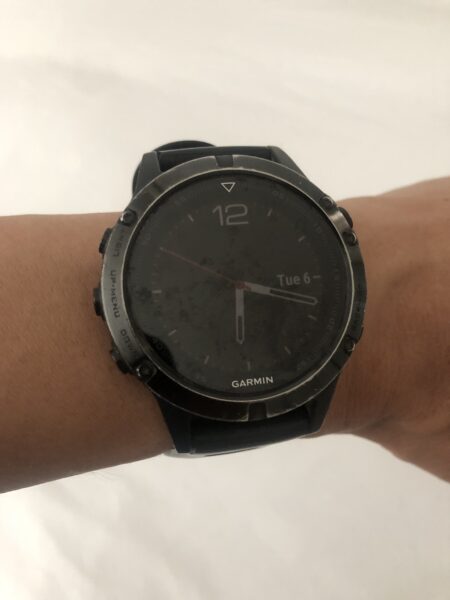 As a smartwatch user who uses one to track health and fitness statistics, I have wondered how accurate it is, especially since my skin tone is on the darker side (see picture). We have written about how pulse oximeters have been shown to be less accurate on people of color, but what about heart rate monitoring using smartwatches? Are there similar issues?
As a smartwatch user who uses one to track health and fitness statistics, I have wondered how accurate it is, especially since my skin tone is on the darker side (see picture). We have written about how pulse oximeters have been shown to be less accurate on people of color, but what about heart rate monitoring using smartwatches? Are there similar issues?
I found this systematic review of studies looking at smartwatch heart rate data accuracy vs skin tone. Out of 10 studies found, four reported a significant reduction in accuracy for those with darker skin. Four studies noted no effect, and two had mixed results. The review states that that preliminary evidence is inconclusive. The lead author of the study, Dr. Daniel Koerber, says in an interview:
Ongoing research and development of these devices should emphasize the inclusion of populations of all skin tones so that the developed algorithms can best accommodate for variations in innate skin light absorption.
I wondered why some studies would show an effect from skin tone while others did not. The systematic review pointed out that the studies were not blind and had small sample sizes while using different devices. I think the using different devices makes a large difference. I looked up how my Garmin smartwatch that I use is affected for skin tone issue. Garmin says that their watches compensate for dark skin by using more light. Darker skinned people may see slightly more power being used.
My takeaway from looking at this question is that smartwatch heart rate monitoring can be accurate for dark skin. Buyers for smartwatches who want to use this feature should look up for themselves whether or not the smart watch that they want for heart rate monitoring compensates for their skin tone.








